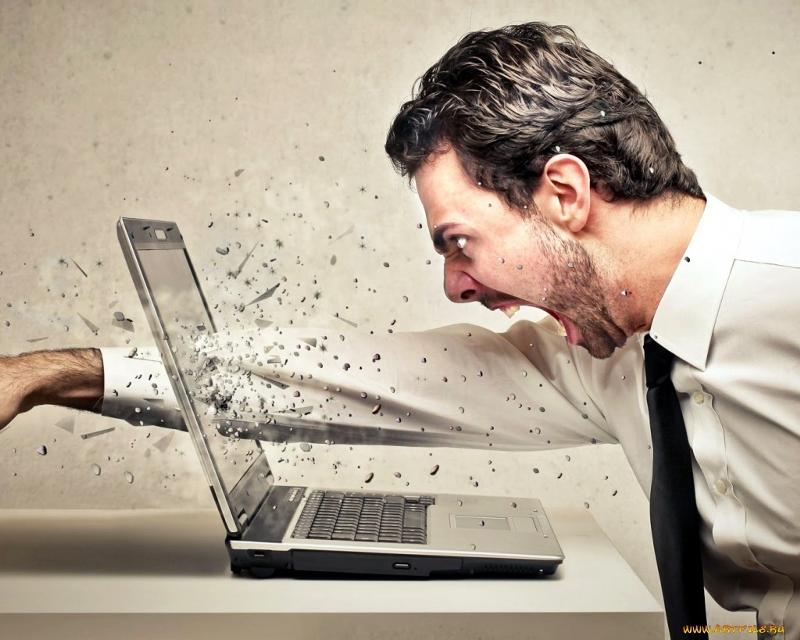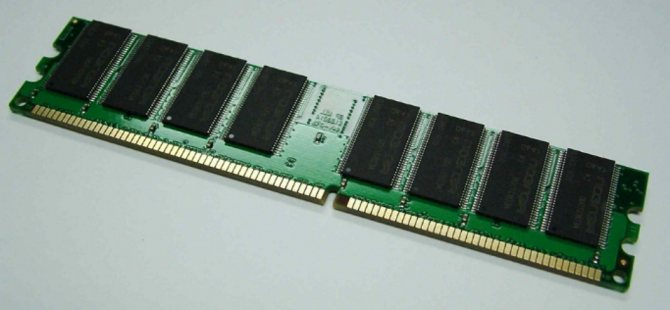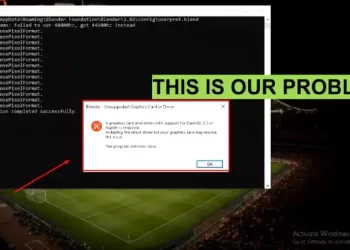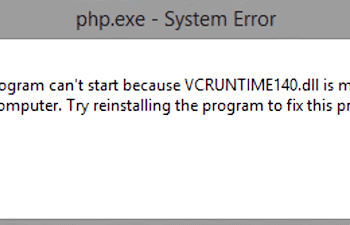There are several reasons why a computer may become slow over time. Some common causes include:
- Insufficient memory (RAM): When your computer runs out of memory, it may start to slow down as it uses the hard drive as virtual memory. Upgrading the amount of RAM in your computer can help to improve performance.
- Cluttered hard drive: As you use your computer, it can become cluttered with unnecessary files, such as temporary files and old backups. This can cause your computer to slow down as it takes longer to access the files it needs.
- Malware: Malware, such as viruses and spyware, can infect your computer and cause it to slow down. Running a reputable antivirus software can help to detect and remove malware.
5. Background programs: Programs running in the background, such as music players, instant messaging apps, and browser extensions, can consume a significant amount of your computer’s resources and cause it to slow down. Identifying and closing unnecessary background programs can help to improve performance.
6. Outdated software: If your computer’s software, such as the operating system or drivers, is outdated, it can cause it to slow down. Keeping your software up to date can help to improve performance.
To fix a slow computer, you can try the following:
- Increase your computer’s memory (RAM): Adding more RAM to your computer can help to improve performance. You can either install new RAM yourself or have a professional do it.
- Clean up your hard drive: Removing unnecessary files and programs from your hard drive can help to improve performance. You can use built-in tools, such as Disk Cleanup on Windows or Optimize Storage on Mac, to remove unnecessary files.
- Scan for malware: Running a reputable antivirus software can help to detect and remove malware that may be causing your computer to slow down.
- Close unnecessary background programs: Identifying and closing unnecessary background programs can help to improve performance. You can use the Task Manager on Windows or Activity Monitor on Mac to see which programs are running and close them if they are not needed.
- Keep your software up to date: Keeping your operating system and drivers up to date can help to improve performance. You can set your computer to automatically check for updates or check manually.
- Run disk defragmenter or disk cleanup: Disk defragmenter or disk cleanup helps in organizing files and folders on disk so that the computer can easily access the files, it also helps to clean temporary files and other unnecessary files.
- Uninstall unnecessary programs: Uninstall programs you don’t use or rarely use, this will free up space and memory on your computer.
- Remove unnecessary browser extensions: Some browser extensions can slow down your browser and your computer, remove the ones you don’t use or need.
- Check for hardware issues: Sometimes, the slow down may be caused by hardware issues, such as a failing hard drive or overheating. Check for any hardware issues and replace or fix any components that may be causing the problem.
- Consider a system upgrade: If your computer is more than five years old, it may be time to consider upgrading to a new one. Newer computers come with faster processors, more memory, and larger hard drives, which can help to improve performance.
It’s important to note that some slow down is normal as the computer ages, upgrading hardware or software may help but not always. Keep in mind that the best way to keep your computer running smoothly is to keep it clean and well-maintained by following the tips above regularly









